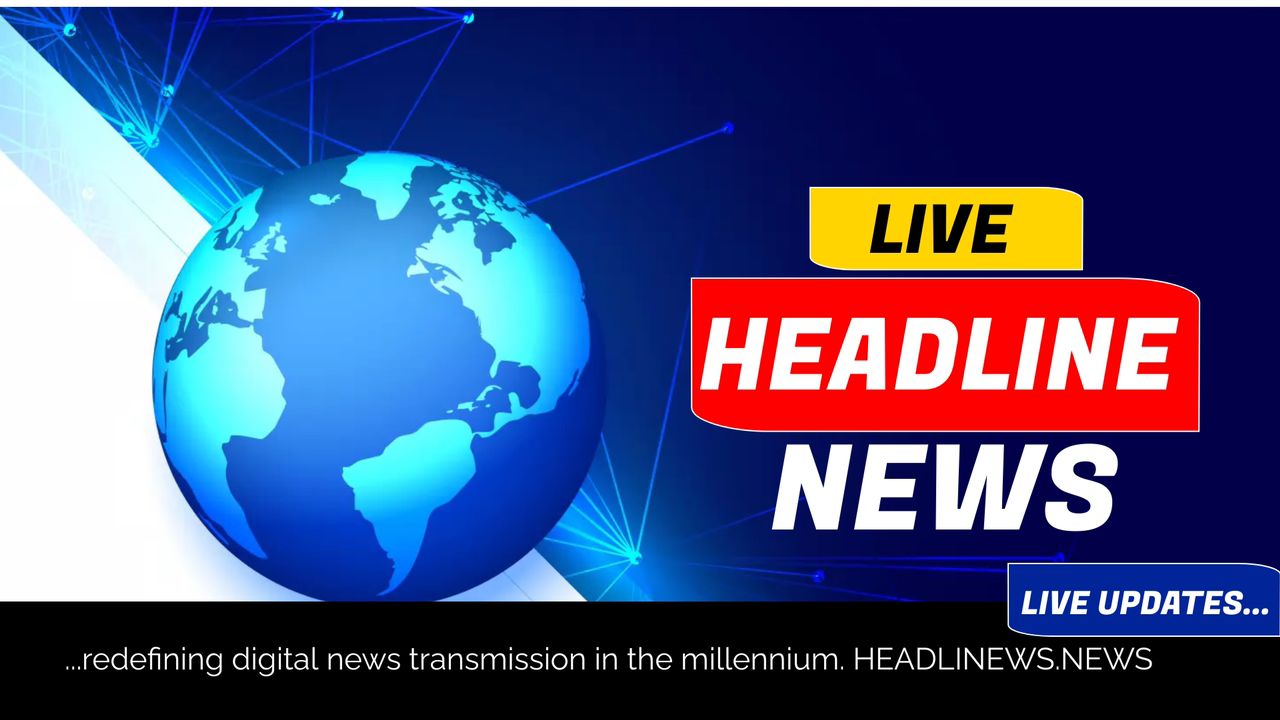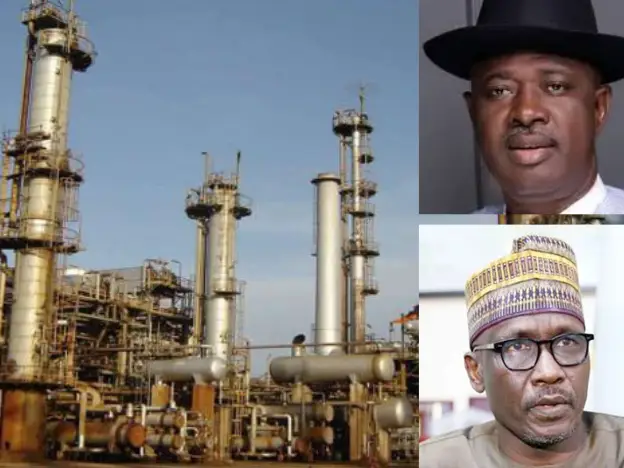Amidst shrouded secrecy, it has come to light that the Federal Government, through the Nigerian National Petroleum Company Limited (NNPC Ltd), is now expending a staggering N17.72 billion every day to subsidize petrol. This funding strategy, reportedly facilitated by crude sales and direct cost recovery by NNPC, underscores the immense financial burden placed on the government.
According to insights gathered by Vanguard, the N17.7 billion subsidy cost signifies the variance between the landing cost of imported petroleum products and the effective wholesale price to petroleum marketers. With Nigeria relying entirely on imported petrol and daily consumption estimated at approximately 44.3 million liters, the financial strain on the government is palpable.
Current calculations suggest that the FG, via NNPC, may be facing losses or revenue shortfalls of about N531 billion monthly, as revealed in monthly Federation Account Allocation Committee (FAAC) reports. Despite deducting this shortfall from its remittances to the Federation Account, NNPC’s actions hint at a sustained financial burden.
President Bola Ahmed Tinubu’s announcement on May 29, 2023, declaring an end to petrol subsidies seemingly precipitated a chain reaction, leading to subsequent fuel price hikes. However, pump prices have continued to soar, with NNPC-owned stations maintaining rates at N617 per liter while independent marketers escalate prices to as high as N680 per liter in some regions.
Attempts to obtain official data on petrol import prices from the Finance Ministry and NNPC have been rebuffed, raising concerns about transparency and accountability. Petroleum marketers assert that the current landing price exceeds N1,000 per liter, suggesting that the government is footing the difference.
As the debate surrounding petrol subsidies intensifies, financial experts warn of potential violations of the 2024 Appropriation Act, which did not include provisions for subsidy funding. The lack of transparency from NNPC fuels skepticism and calls for greater accountability in managing Nigeria’s vital oil and gas sector.






